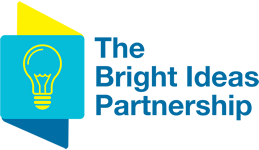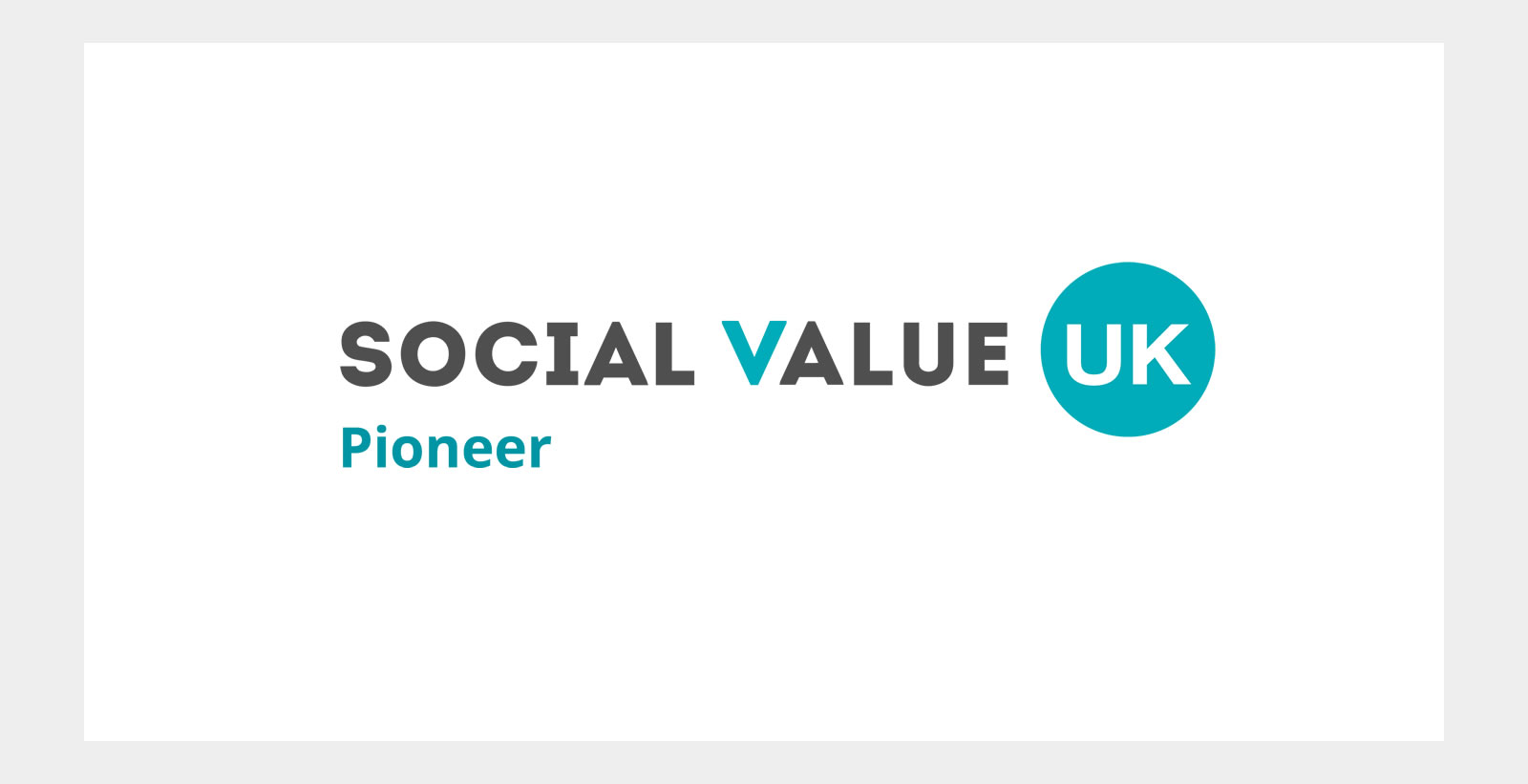In recent years there has been increasing emphasis on the need for voluntary and community organisations to demonstrate their value, especially by funders.
In 2020, the UK government even announced that organisations – including charities and social enterprises – who want to bid for Government contracts must demonstrate how they will deliver social value priorities as part of the contracted work.
This includes promoting new jobs and skills, tackling climate change and improving health and wellbeing. Therefore, whilst the overall cost of a contract will still be paramount, a bidder’s social value score will be taken into account when commissioning.
As a result, it is more important than ever that organisations measure and provide evidence of the social, economic and environmental value of the services they provide.
A Social Return on Investment assessment or Cost Benefit Analysis is a key way organisations can look at the social, environmental and economic change a project or intervention creates, using monetary values to represent them.
For example, if a project prevents someone from reoffending the intervention can be said to have ‘saved’ the costs of a further spell in prison (i.e. it costs £42,670 per year per person to keep someone in prison). Some measures – such as improved confidence – are more subjective; in these cases, a ‘proxy’ value will need to be found, such as how much beneficiaries consider this improvement is ‘worth’ or the cost of undertaking a course in confidence. By working through the value of the outcomes of a service a charity can determine the ‘social value’ of that intervention, for example, that every £1 spent on the project delivers £3 of ‘social value’.
While undertaking such analyses can prove challenging, especially for smaller charities, they do offer an opportunity for the social, economic and environmental value of a charity’s work to be recognised.
The Bright Ideas Partnership is a Social Value Pioneer, and part of Social Value UK, the national network for anyone interested in social value and social impact. We have been undertaking Cost Benefit Analyses, underscored by Social Value UK’s Social Value Principles, for the last 18 months.
Many of our evaluations now incorporate a Cost Benefit Analysis. For example, in a recent evaluation of a community centre in London, the social value generates ranged from £4.12 and £5.88 for every £1 invested in the project. The charity is using this information to show funders the value their donations will create for the local community.
We are also undertaking a speculative Cost Benefit Analysis for a charity that want to set up a women’s centre. We are looking at real life case studies of women involved in the criminal justice system, how much this engagement has cost e.g. for criminal justice agencies and Social Services where there are children involved, and how much would have been ‘saved’ if a women’s centre existed in the local area and had been able to support these women before they had been drawn into the criminal justice system. The charity will use this data to persuade local statutory funders that setting up a women’s centre makes good economic sense, alongside the wider benefits of women’s centres to women, their families and communities.
If you would like to find out more about social value, and how Bright Ideas could help you to understand your charity or project’s social value, please get in touch.

